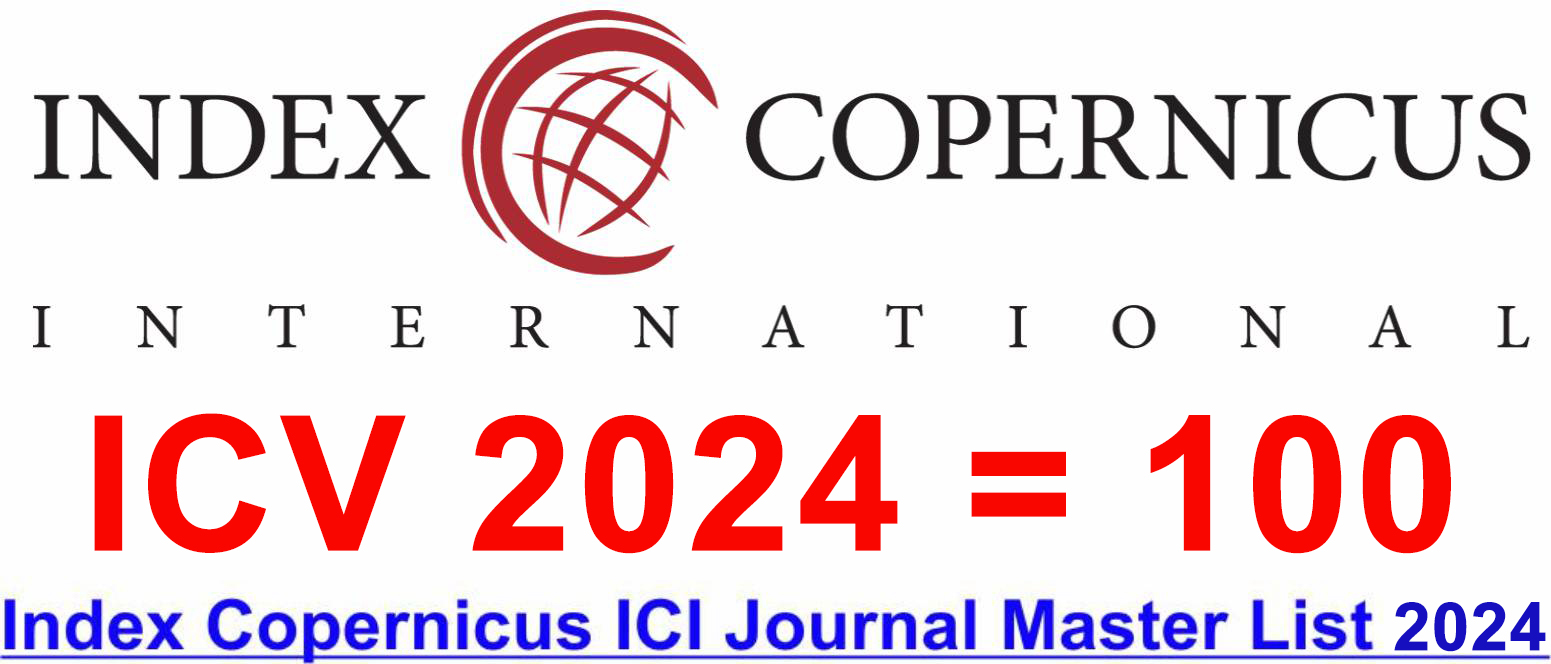Analysis of Digital Competencies and Performance Enhancement in Public Sector Organizations
DOI:
https://doi.org/10.46977/amt.2025.v06i02.001Keywords:
Digital Competencies, Performance Enhancement, Public SectorAbstract
Employee performance in public sector organizations heavily relies on their digital competencies. The performance of employees in public sector organizations is highly dependent on their digital competencies, which are crucial for optimizing public services and increasing effectiveness and accountability in the digital era. The purpose of this study is to analyze the digital competencies of village officials and their impact on their performance in the context of digital transformation of village governance. The approach used was a descriptive qualitative method, including documentation studies, participant observation, and in-depth interviews with village heads, secretaries, assistants, and administrative staff to collect data. This study found that, despite significant limitations in some areas of data management and application development, village officials have a basic understanding of how to access and use digital technology. According to the perceptions of village officials, their digital competencies have a positive impact on the quantity, quality, timeliness, effectiveness, and independence of the work they perform. The limitations of this study indicate that some aspects of data management and application development by village officials are very limited. Furthermore, in the context of digital transformation in village administration, this study specifically examines the relationship between digital competencies and the performance of government officials at the village level—an area that has received little attention.
Downloads
References
Abi, I., & Gana, M. N. F. (2020). Development of E-Government to Support the Competency Improvement of State Civil Servants in the Regional Civil Service Agency in North Central Timor District. Development, 10(11), 56-64. https://doi.org/10.7176/DCS/10-11-06
Ahmed, F., Qin, Y. J., & Martínez, L. (2019). Sustainable change management through employee readiness: Decision support system adoption in technology-intensive British e-businesses. Sustainability, 11(11), 2998. https://doi.org/10.3390/su11112998
Alla, B., & Filonych, O. (2020). Digitalization in providing transparency in the management of the public finance and asset. Економіка і Регіон/Economics and Region, 1 (76), 74–85. https://doi.org/10.26906/EiR.2020.1(76).1920
Bozkus, K. (2023). Organizational Culture Change and Technology: Navigating the Digital Transformation. In Organizational Culture-Cultural Change and Technology. IntechOpen. https://doi.org/10.5772/intechopen.112903
Corbett, F., & Spinello, E. (2020). Connectivism and leadership: harnessing a learning theory for the digital age to redefine leadership in the twenty-first century. Heliyon, 6(1), e03250. https://doi.org/10.1016/j.heliyon.2020.e03250
Faozanudin, M., Rosyadi, S., & Sulistiani, L. S. (2023). The preparedness of village governments for the digital transformation of public services in banyumas regency, indonesia. Public Policy and Administration, 22(4), 448–462. Retrieved from: https://www.ceeol.com/search/article-detail?id=1208673, Accessed on 5th December 2024.
Fernanda, L., & Nav, J. (2020). Citizens ’ Involvement in E-Government in the European Union: The Rising Importance of the Digital Skills. Sustainability. https://doi.org/10.3390/su12176807
Ingsih, K., Astuti, S. D., & Riyanto, F. (2024). The role of digital competence in improving service quality and employee performance. SA Journal of Human Resource Management, 22, 1–9. https://doi.org/10.4102/sajhrm.v22i0.2689
James, J. (2021). Confronting the scarcity of digital skills among the poor in developing countries. Development Policy Review, 39(2), 324–339. https://doi.org/https://doi.org/10.1111/dpr.12479
Joshi, P. R., & Islam, S. (2018). E-government maturity model for sustainable E-government services from the perspective of developing countries. Sustainability, 10(6), 1882. https://doi.org/10.3390/su10061882
Moleong, L. J., & Rosdakarya, P.T.R. (2007). Metodologi Penelitian Kualitatif. Remaja Rosda Karya. Retrieved from: https://elibrary.bsi.ac.id/readbook/205827/metodologi-penelitian-kualitatif, Accessed on 5th December 2024.
Nikou, S., De Reuver, M., & Mahboob Kanafi, M. (2022). Workplace literacy skills—how information and digital literacy affect adoption of digital technology. Journal of Documentation, 78(7), 371–391. https://doi.org/https://doi.org/10.1108/JD-12-2021-0241
Noh, Y., & Hong, H. J. (2022). A study on the relationship between library service and digital competence. Journal of Librarianship and Information Science, 54(2), 264-283. https://doi.org/10.1177/09610006211008962
Novachenko, T. V, Bielska, T. V, Afonin, E. A., Lashkina, M. H., Kozhemiakina, O. M., & Diachenko, N. P. (2020). Use of information technology to increase economic efficiency and credibility in public administration in the context of digitization. International Journal of Economics & Business Administration (IJEBA), 8(1), 374-382. Retrieved from: https://www.um.edu.mt/library/oar/handle/123456789/54639, Accessed on 5th December 2024.
Olofsson, A. D., Fransson, G., & Lindberg, J. O. (2020). A study of the use of digital technology and its conditions with a view to understanding what ‘adequate digital competence’may mean in a national policy initiative. Educational Studies, 46(6), 727–743. https://doi.org/https://doi.org/10.1080/03055698.2019.1651694
Omar, N. J. M., Qasim, N. H., Kawad, R. T., & Kalenychenko, R. (2024). The role of digitalization in improving accountability and efficiency in public services. Revista Investigacion Operacional, 45(2), 203–224. Retrieved from: https://rev-inv-ope.pantheonsorbonne.fr/sites/default/files/inline-files/45224-11_0.pdf, Accessed on 5th December 2024.
Republic of Indonesia. (2014). Undang-Undang Republik Indonesia Nomor 6 Tahun 2014 tentang Desa [Law of the Republic of Indonesia Number 6 of 2014 concerning Villages]. State Gazette of the Republic of Indonesia Year 2014 Number 7.https://peraturan.bpk.go.id/Details/38582/uu-no-6-tahun-2014
Santos, H., & Pessoa, E. G. (2024). Impacts of digitalization on the efficiency and quality of public services: A comprehensive analysis. LUMEN ET VIRTUS, 15(40), 4409–4414. https://doi.org/10.56238/levv15n40-024
Sugiyono. (2018). Metode Penelitian Kuantitatif, Kualitatif, dan R&D [Quantitative, Qualitative, and R&D Research Methods]. CV. Alvabeta.
Wahyudi, A., Assyamiri, M. B. T., Al Aluf, W., Fadhillah, M. R., Yolanda, S., & Anshori, M. I. (2023). Dampak transformasi era digital terhadap manajemen sumber daya manusia [The impact of digital era transformation on human resource management]. Jurnal Bintang Manajemen, 1(4), 99-111. https://doi.org/10.55606/jubima.v1i4.2222
Warschauer, M. (2004). Technology and social inclusion: Rethinking the digital divide. MIT press.
Windyaningrum, R., Kusumawindarti, N., Rubyasih, A., & Koesanto, S. M. A. A. (2023). Model keterampilan literasi digital media sosial pada aparatur desa dan kelompok masyarakat informasi kabupaten bandung: digital literacy skill model in village apparatus and community group in bandung district [Digital literacy skill model for social media in village apparatus and community groups in Bandung district: digital literacy skill model in village apparatus and community groups in Bandung district]. Anterior Jurnal, 22(Special-1), 12-20. https://doi.org/10.33084/anterior.v22iSpecial-1.5058
Published
How to Cite
Issue
Section
Copyright (c) 2025 Advancement in Management and Technology (AMT)

This work is licensed under a Creative Commons Attribution-NonCommercial 4.0 International License.



















